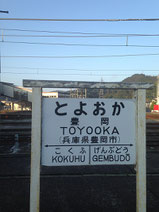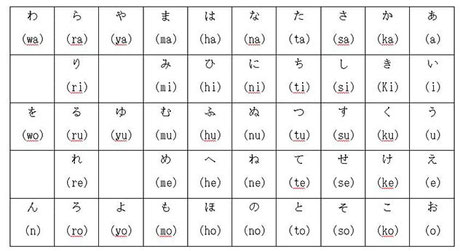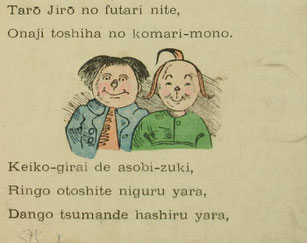Romaji Problem

Around the third grade in Japan the primary schools start reaching a subject called Romaji, which is the Katakana foreign words written in romanised letters.
I have noticed that children who get to third grade and have learnt Romaji all of a sudden start pronouncing the English words wrong. Of course Japanese doesn’t have the English “R” sound. The accent they use for the “R” in Romaji is more like an “L” sound.

So English words like “Green” with an “R” sound start sounding like “gleen” and if the students accent is really bad it's more like “guleen”.
In Romaji “green” is written GURI-N グリーン. The student gets used to reading “RI” with the katakana accent and then that transfers automatically to the English “R”. Of course foreigners mispronounce Japanese quite frequently because of this very reason. We see the “R and use our English accent for it, instead of an “L” sound. So words like Karate could be written more like Kalateh for example.
I guess the reason the “R” was used in the original translations was because the first translators were Portuguese missionaries who used the roman alphabet to translate into Portuguese .
But here is some more information on the history of Romaji for those interested:

In our school we have stopped writing Japanese names in romaji and we write them how we would spell them in English or at least one way of spelling them.
Doing this in our school and really pushing that it's an English “R” sound and not “L” when students mispronounce really helps.
This was the case with older students who didn’t attend our kindergarten when we first established the school.
As for the students now who have attended our kindergarten who have been brought up reading their names this way and reading Romaji our way, have no problems switching between a Katakana accent and the English accent.
